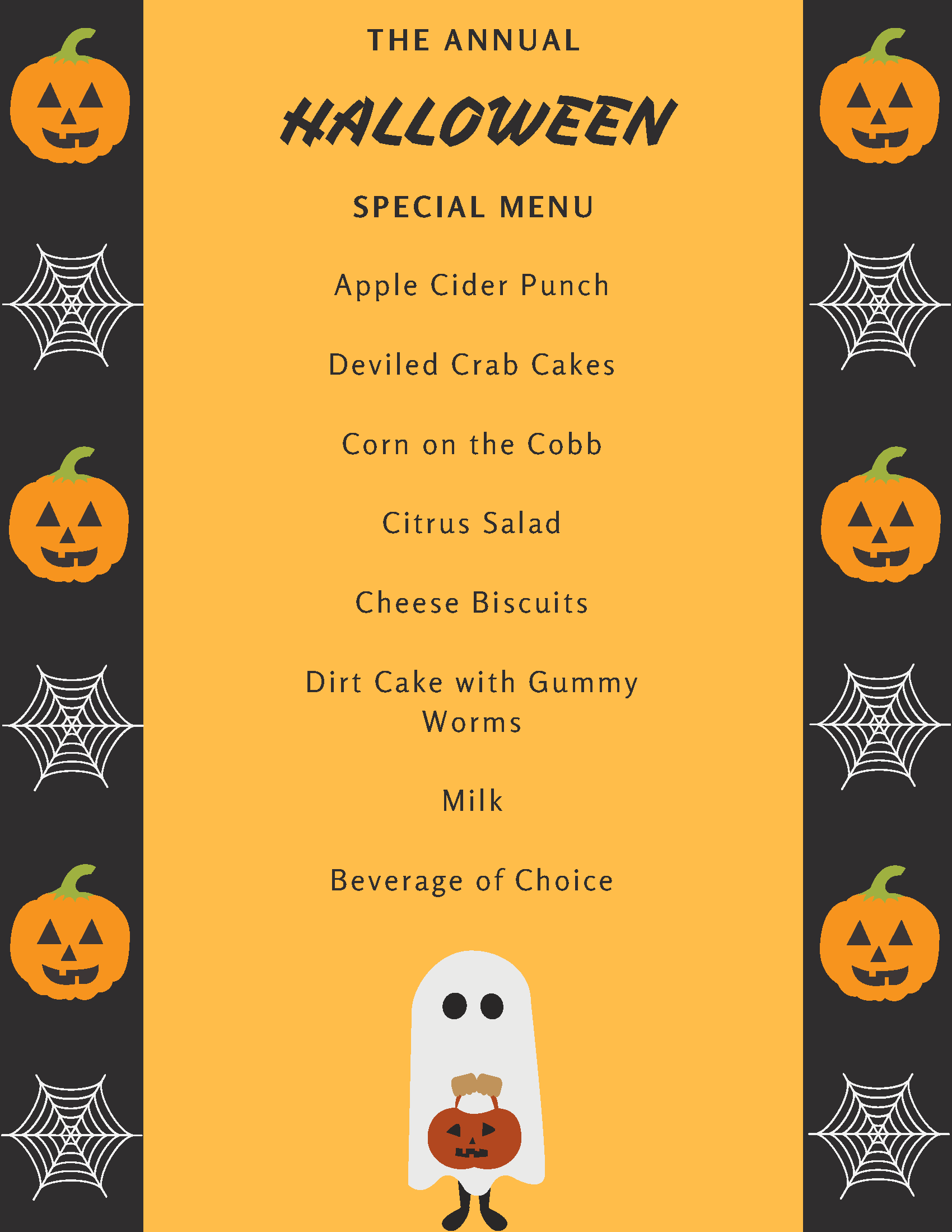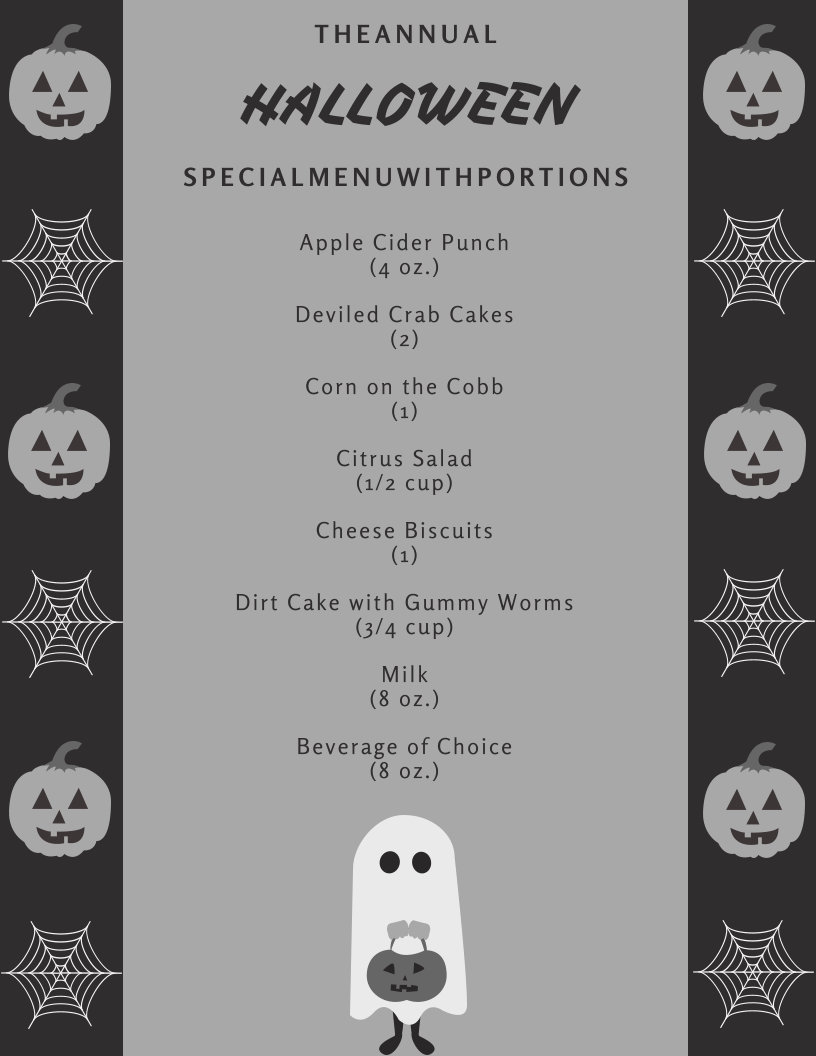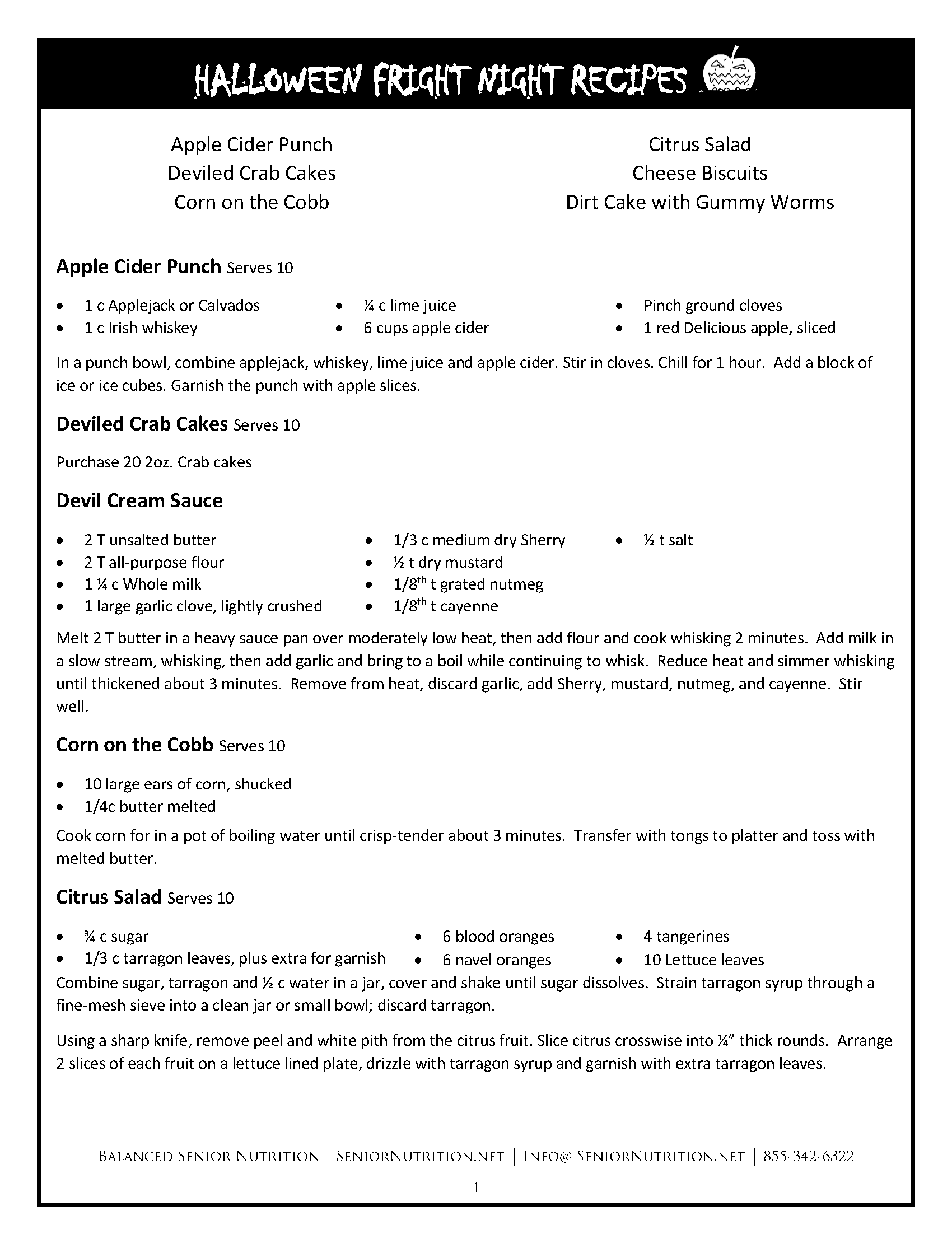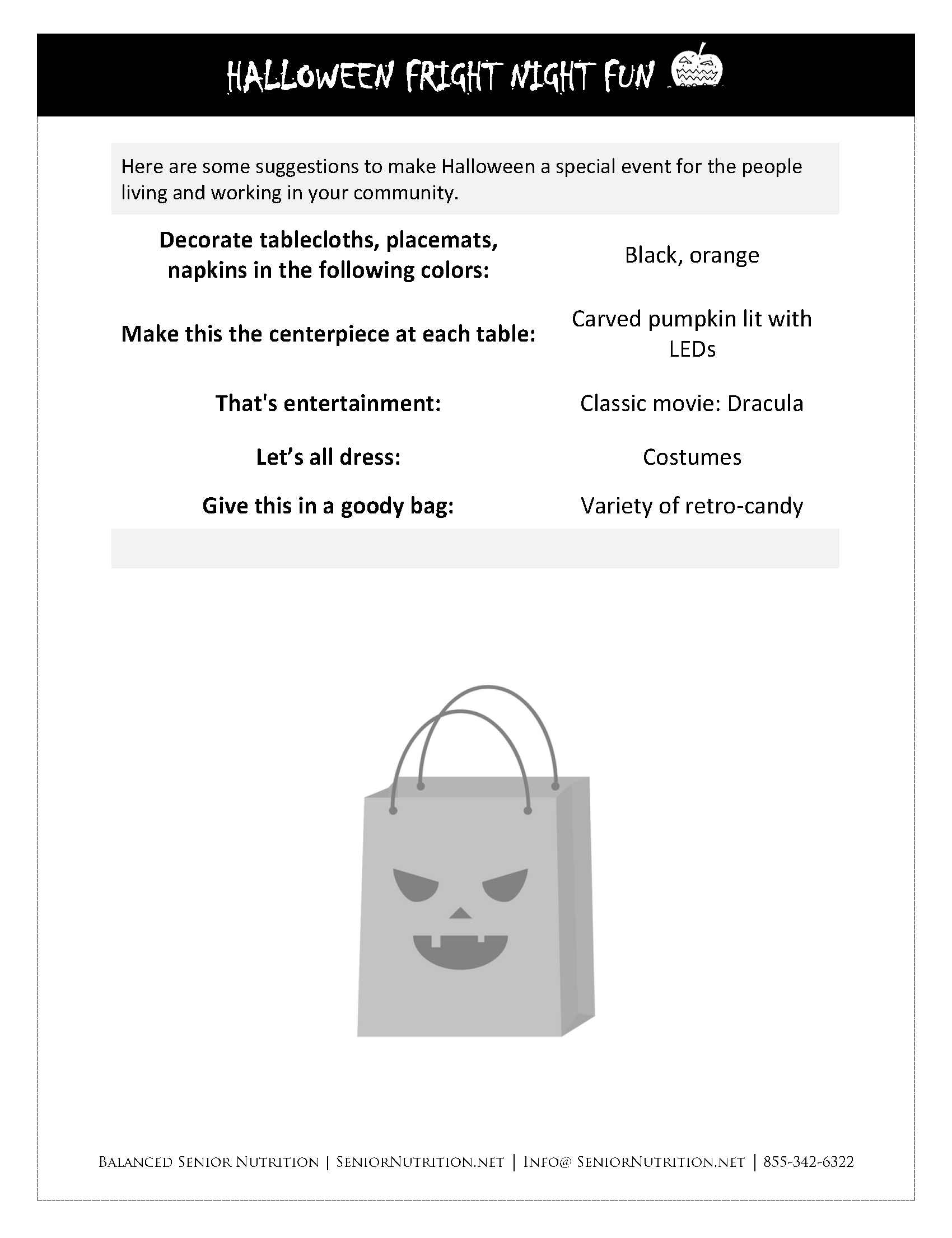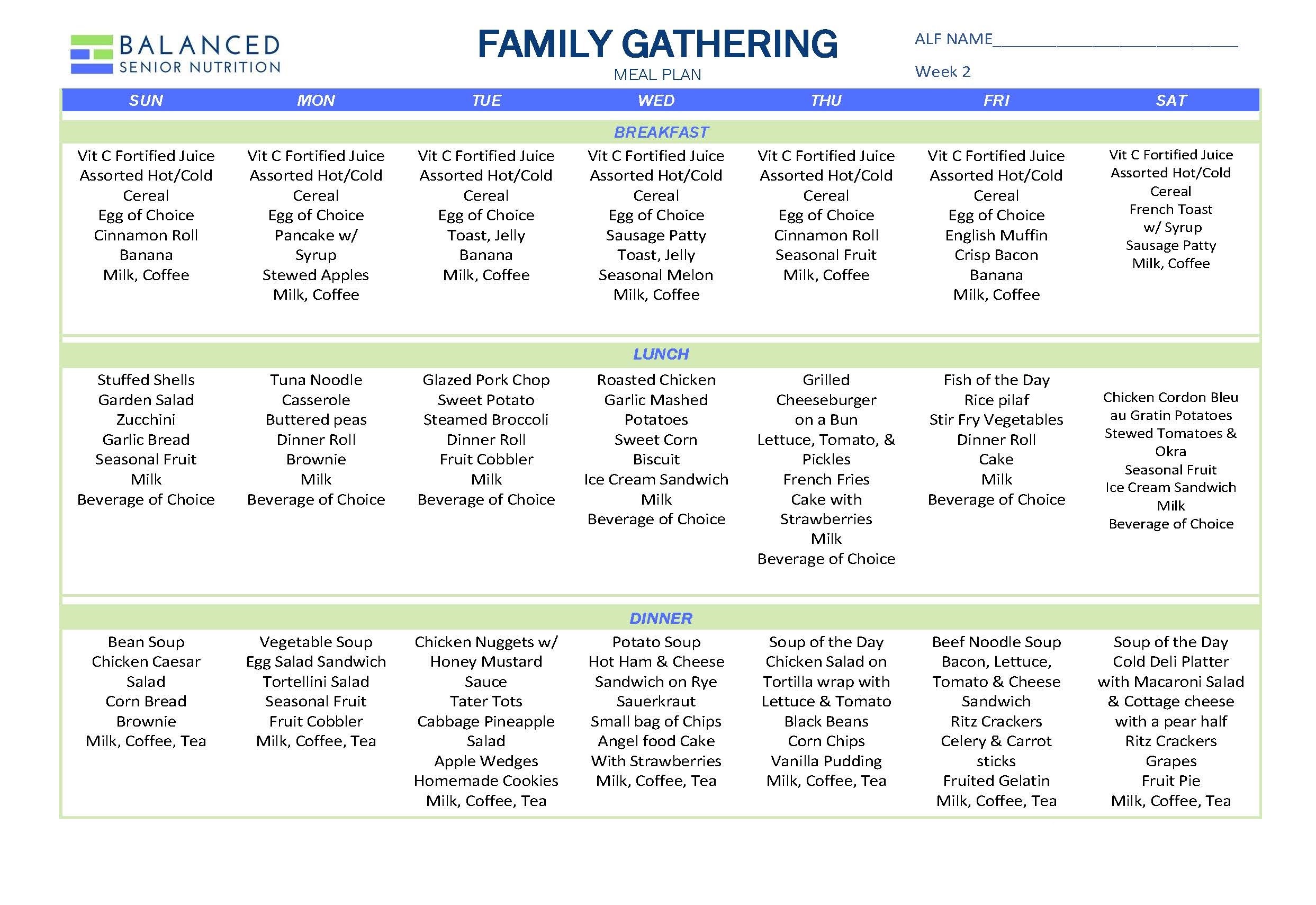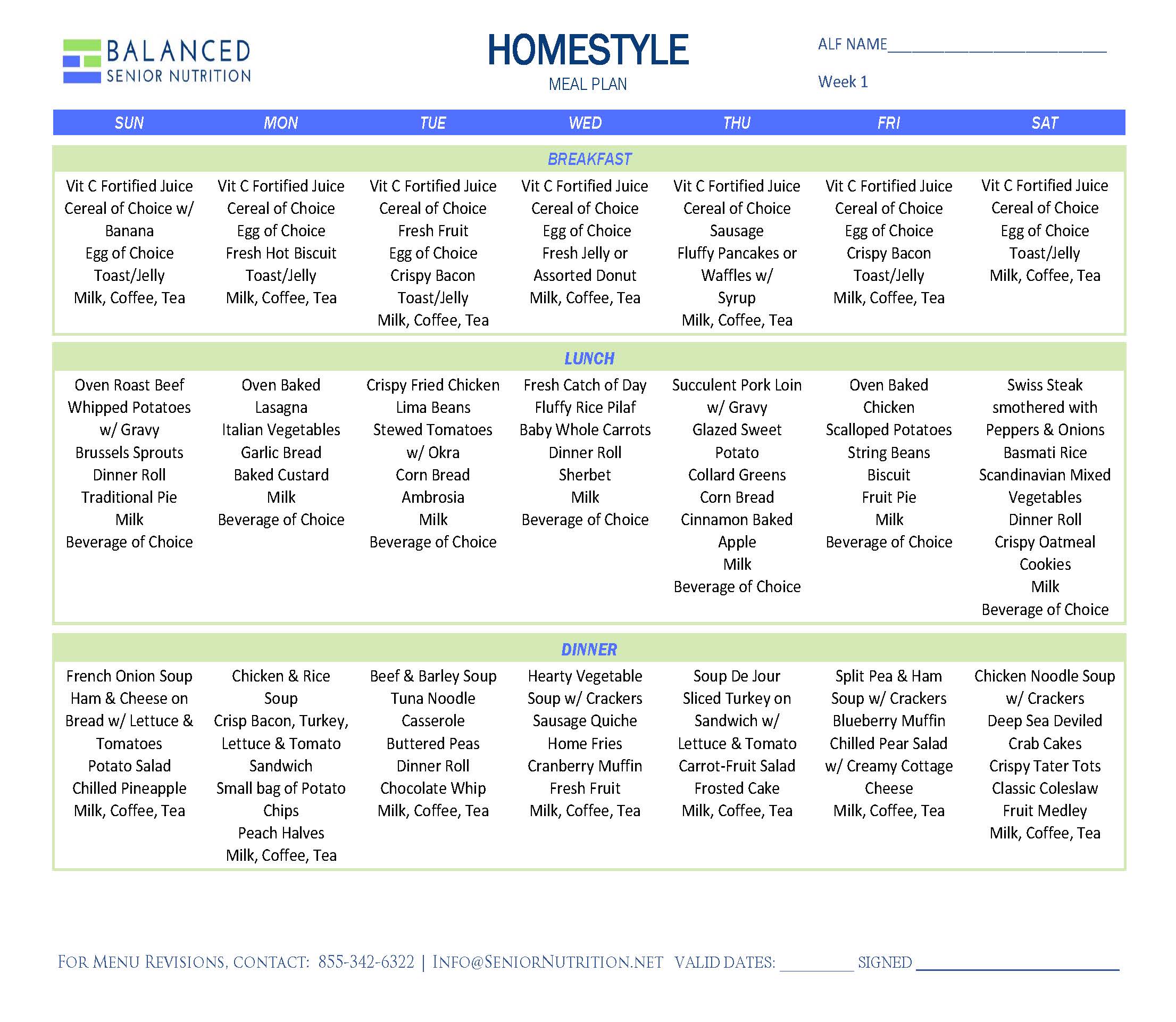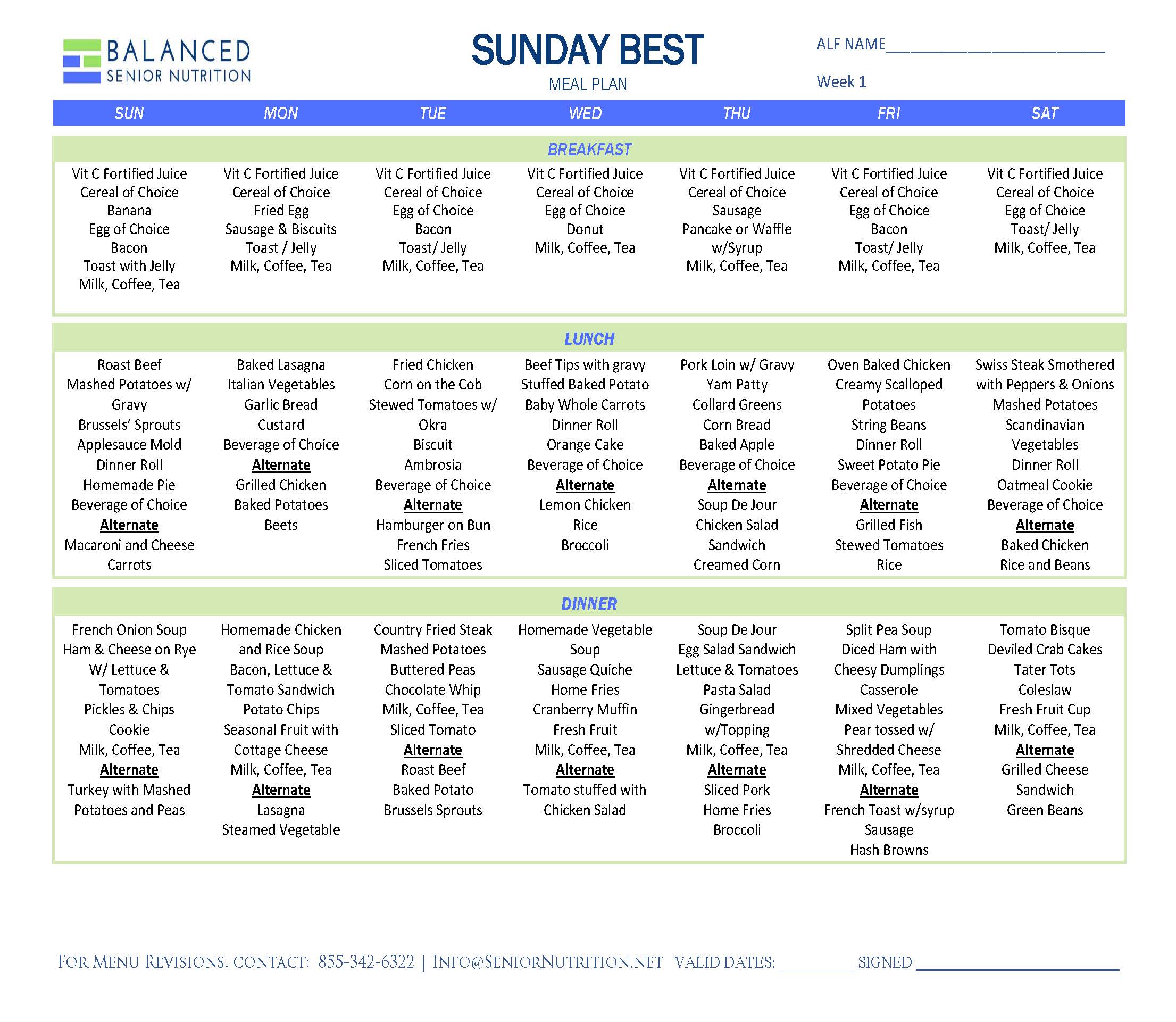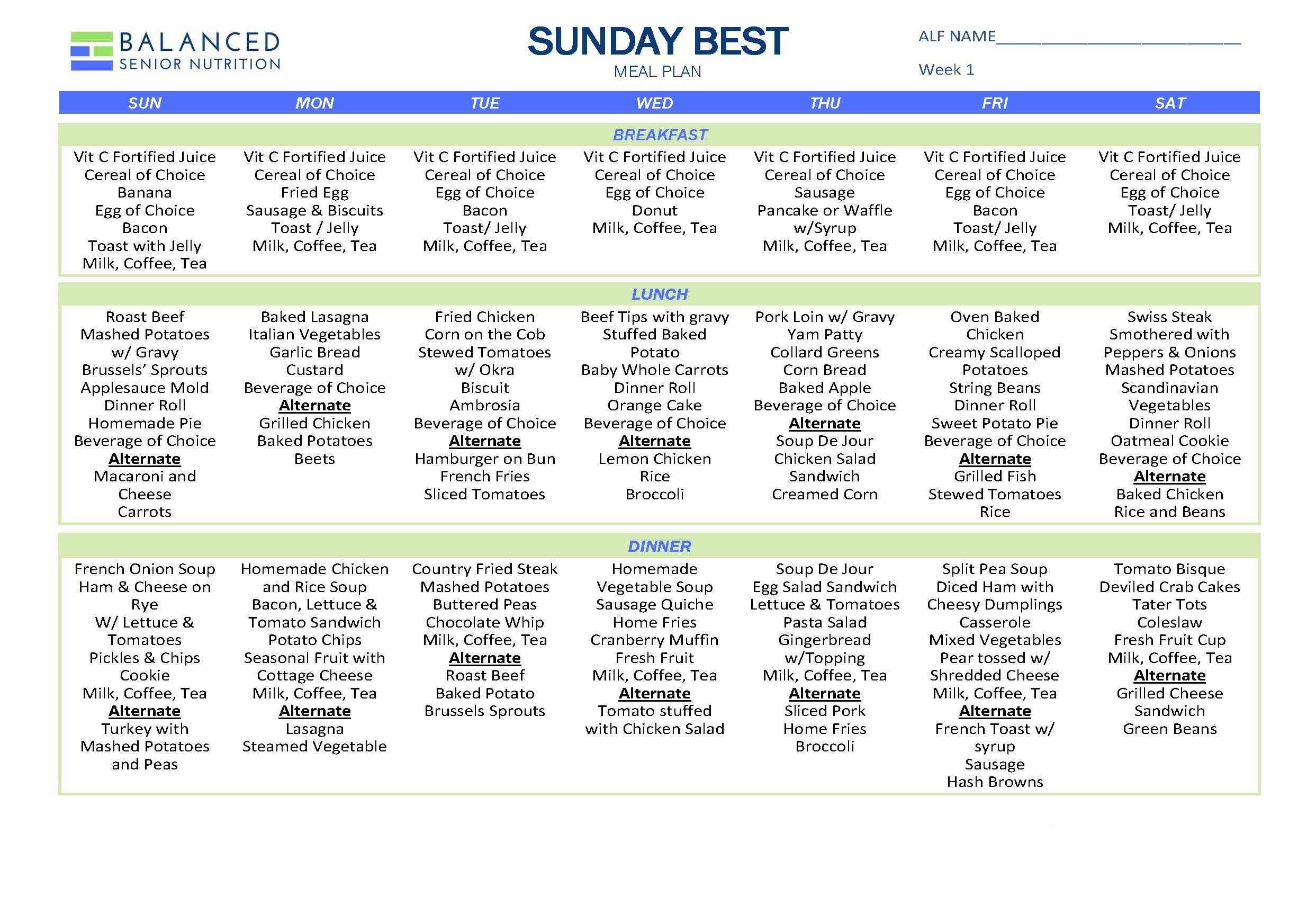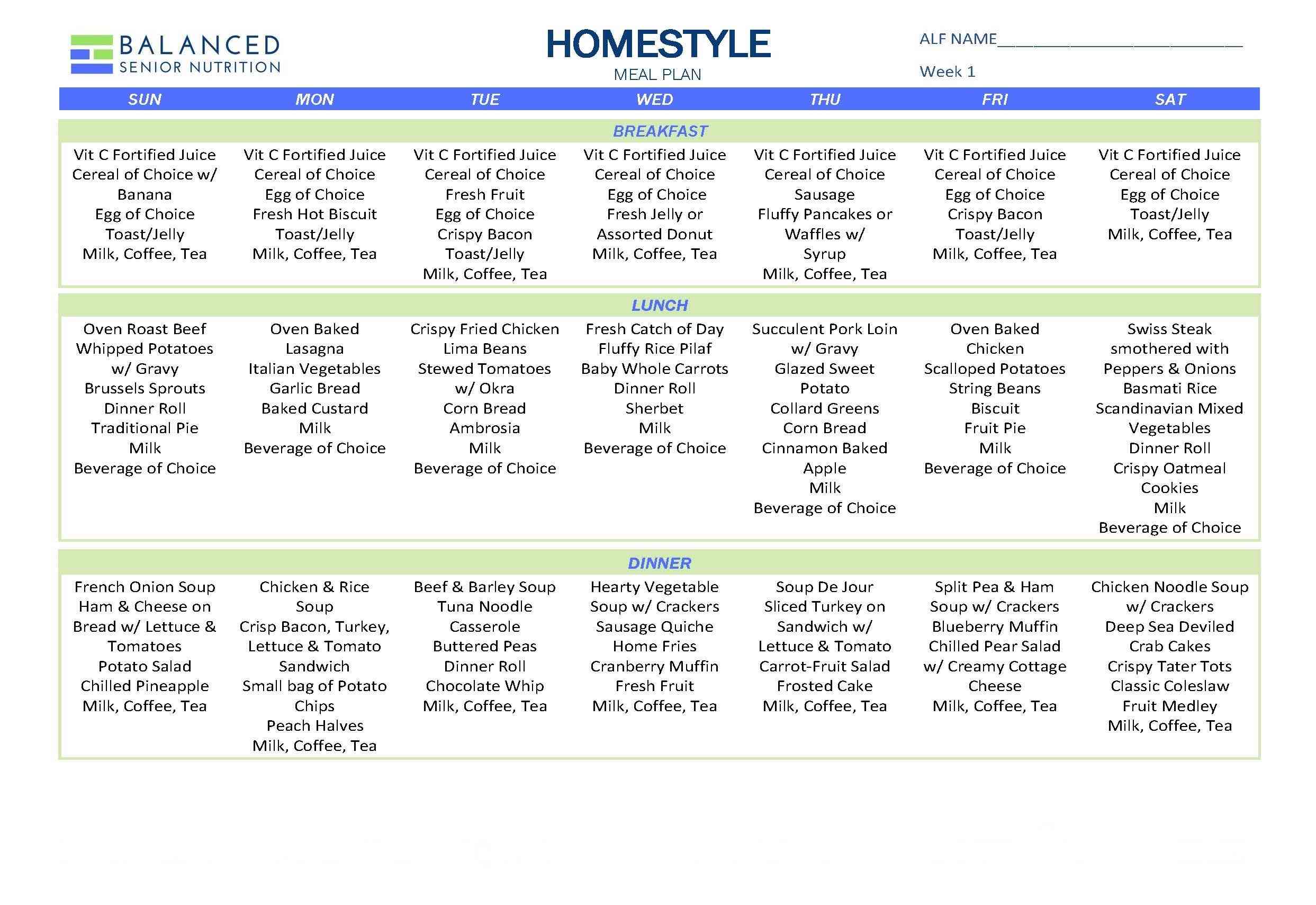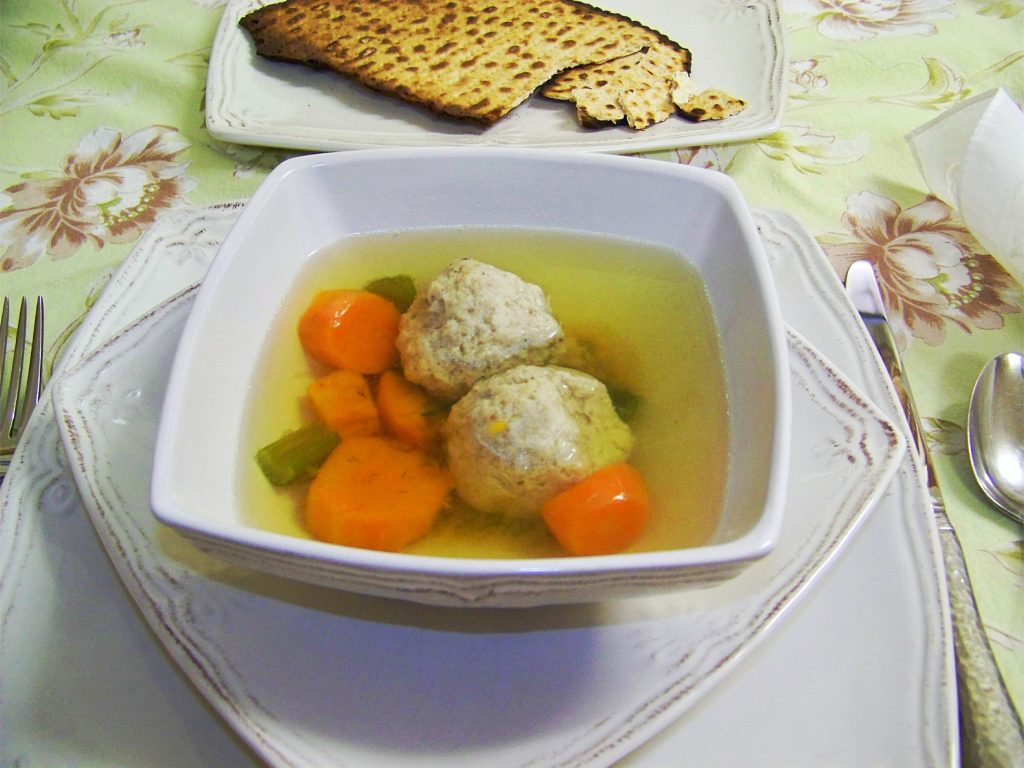
The following is a fictionalized account of person-centered care in a traditional nursing home environment.
Missy Kelly, the director of Activity and Nutrition Services at Shady Acres, couldn’t wait for the multicultural celebration she had been planning for weeks. The people living in the community and the staff had come together to create a program celebrating cultural diversity with food, song and dance. The community invited families to bring in their favorite home-cooked foods to share with everyone in a good old-fashioned potluck dinner. The Ajram family would be bringing in Lebanese lentils and rice. The Devereaux clan would be making up a big pot of Hopping John. There would be glumkes, sweet potato pie, and many other ethnic and cultural treats. Everyone was jazzed and hungry for something new. Then came the monkey wrench that clanged the fun machine to a halt.
“Not having the knowledge of person-directed regulations to proceed without the fear of a citation hanging over her head, Missy decided to cancel the dinner.”
At 9:00 am, on the day of the celebration, five members of the AHCA survey team entered the building and started the annual survey process. A short time later, the dietitian panicked about the plans for the potluck dinner and advised Missy that foods coming from outside sources might be seen as a sanitation violation. After all, the NH could not prove that all the food from the pot luck dinner had been cooked to proper temperatures or held at proper temperatures. Not having the knowledge of person-directed regulations to proceed without the fear of a citation hanging over her head, Missy decided to cancel the dinner. When she notified the people living in the community that the party was off, they were to put it politely, ticked off. They made their desires known that they wanted to have the party anyway. Unfortunately, their desires fell upon deaf ears and the event was cancelled.
the event had been cancelled. Upon further investigation by the survey team, its members found residents of the community up in arms about the decision to cancel the event. So, an opportunity to bring the community together in a way that complies with the new CMS final rules related to person-centered care was lost, leaving its residents frustrated and angry. Instead of a citation for serving foods from outside sources, the surveyors cited them for not meeting the following CMS regulations:
- F242-Self-determination and participation: the right to make choices, to the maximum extent possible, about significant aspects of his/or her life.
- F244-Participation in resident and family groups: the facility must listen to the views and act upon the grievances and recommendations concerning proposed policy and operational decisions affecting resident care and life in the facility.
- F241- A facility must treat each resident with respect and dignity and care for each resident in a manner and in an environment, that promotes maintenance or enhancement of his or her quality of life, recognizing each resident’s individuality. The facility must protect and promote the rights of the resident.
So, what could have been done to prevent the above scenario?
At BSN Solutions, we work with care communities to comply with CMS guidelines so that everyone can protect and promote the rights of residents. Here are four tips we use with clients:
- Develop a policy guide for bringing in food from outside sources that includes who is responsible for each task.
- Staff must be trained on how to bring food in from outside sources so they can then educate residents, their families and guests on safe food handling practices to reduce the risk of foodborne illness.
- Give each person working and living in the community tip sheets and guidelines to remind them on how to bring in food safely
- Make sure staff has an understanding of what foods are appropriate for certain residents according to their diet prescriptions. Once that information is determined, it can be used to plan the potluck dinner with those residents and their requirements in mind.
Instituting these recommendations would make fun events like multicultural celebrations much easier to implement.
It is clear that the residents wanted this multicultural potluck dinner to happen and it was up to the staff members in the community to make it happen safely by managing the possible risks. That way the community would have met the CMS regulations regarding Resident Rights / Self Determination / Dignity / Food choices and not received the citations. After all, putting residents first is no longer a choice, it’s mandated.
The first step in this process is to develop a policy statement and guidelines with regards to safely handling and storing food brought in from outside sources. In order to help you do this, we want to give you a detailed policy guideline template you can customize to your own community. This form provides spaces to list responsible positions for certain tasks to make sure the right people are doing the right jobs.
Don’t forget about our “When Food Comes From Outside Sources” website that contains a variety of handy guides, tip sheets, videos and other items. Our goal is to make it easier for you to keep people as safe as possible and comply with CMS rules. I encourage you to bookmark it as we’ll be updating it often.
Stay tuned for Part Two of our three-part series on food from outside sources, where we will talk about how residents can bring in food safely.
We want to hear from you. Have you ever experienced a situation like the one we describe above? Do you have specific questions on how to implement these rules and guidelines? Let us know!
